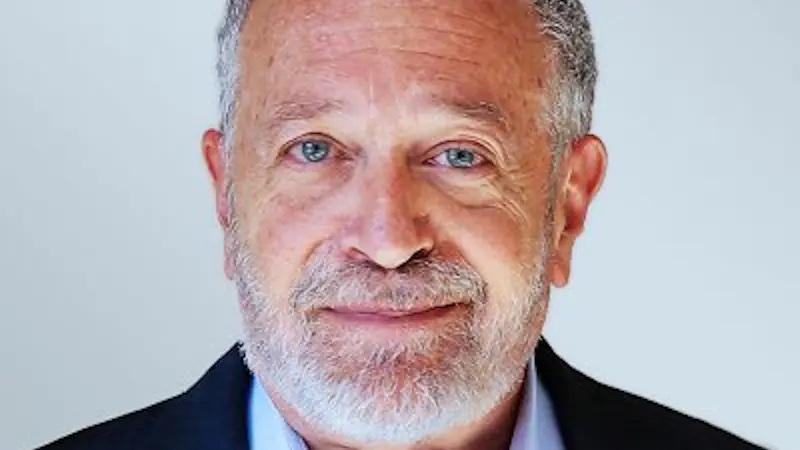Robert Reich: Debunking Myth #9: ‘Inflation Is Caused By Wage Increases And Too Much Government Spending’ – OpEd

You’ve probably been told that the main causes of rising prices are wage gains and excessive government spending. Wrong.
Prices have risen and remained high — especially in critical sectors such as energy, drugs, and food — largely because giant corporations have been raising their prices to increase their profits.
They can do this because they face so little competition.
Worried about sky-high airfares and lousy service?That’s largely because airlines have merged from 12 carriers in 1980 to only four today.
Concerned about drug prices?Between 1995 and 2015, 60 leading pharmaceutical companies merged to only 10.
Upset about food costs? Four large companies now control 85 percent of beef processing, 70 percent of the pork market, and 54 percent of poultry.
Worried about grocery prices? Just three giants — Albertsons, Kroger, and Walmart — control 70 percent of the grocery sales in 167 cities.
And on and on through almost every sector of the economy, including rental housing, ad-tech, chemicals, and health care.
Monopolies can raise prices and keep them high because they don’t face enough competitors charging lower prices and grabbing consumers away.
Right now, the Federal Reserve Board has responsibility for fighting inflation. When prices rise, the Fed raises interest rates to slow the overall economy.
But slowing the economy with high interest rates causes many people to lose jobs. It keeps wages low. And it raises credit card fees as well as the costs of home loans, car loans, and every other borrowing cost. These burdens fall especially hard on people with lower incomes.
A better way to avoid inflation and lower prices would be to fight pricing power at its source: Break up monopolies with antitrust laws, so that a handful of giant companies can’t artificially raise their prices.
Instead of relying solely on the Federal Reserve Board to tame prices, we should rely on monopoly-busters at the Federal Trade Commission and the Antitrust Division of the Justice Department.
Joe Biden’s appointees at the FTC and the Antitrust Division — Lina Khan and Jonathan Kanter, respectively — have been aggressive monopoly-busters, but much more needs to be done.
Will a President Kamala Harris keep the heat on?
Matt Stoller,on the Substack competition beat, believes she is likely to. He writes that Biden’s anti-monopolists have made so much progress to date — bringing cases against Amazon, Google, and Ticketmaster; halting the merger of Kroger and Albertsons; and issuing new rules on airlines, shipping, junk fees, credit cards, hearing aids, pharmaceuticals, and data — that the momentum would be hard to slow even if she wanted to. Moreover, the public has come to expect action against monopolies.
Maybe it’s just the optimism of the moment, but I think Stoller is correct and that Harris as president would be as much an economic populist as Biden, if not more.
- This article was published at Robert Reich's Substack
